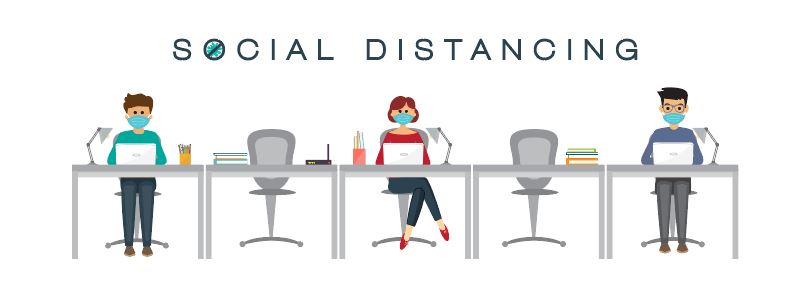Draft plans for the UK’s lockdown exit suggest employees will be asked to work in staggered shifts and avoid face-to-face meetings, national media reports.
Two-metre distances between staff will need to be marked by floor tape and office workers who can work from home will be urged to continue doing so, possibly for months.
Companies will also need to draw up a Covid-19 ‘risk assessment’ before asking staff to return to the office, the FT reported yesterday (Sunday, 3 May).
The government has also announced that import VAT will be temporarily scrapped for imports and domestic purchases of PPE, which many employees outside the healthcare sector will require to return to work safely.
Sector approach
The draft plans were distributed privately on Sunday, report the FT, with businesses eager for details of how they can restart work as the government looks to get the economy moving again.
It was previously reported that government is considering a sector-by-sector approach, prioritising key industries like manufacturing.
The chief executive for Make UK – the industry body for UK manufacturers - has said government will need to continue support schemes for businesses in the sector, despite the possible easing of lockdown.
Steve Phipson is quoted in the Guardian as saying:
“All the indications at the moment are that, even if a gradual easing of lockdowns begins soon, the impact of this shock will continue to hit companies and livelihoods for some time to come.
“As such, government may need to be flexible with its future support schemes in the same way that industry is going to have to be flexible with its recovery plans.”
Big firm pessimism
Talk of an easing of restrictions comes as British business confidence hit an all-time low, according to a Deloitte report cited in The Guardian.
Deloitte’s poll found that 90% of CFOs working at big firms reporting high uncertainty and predicting a prolonged downturn.




